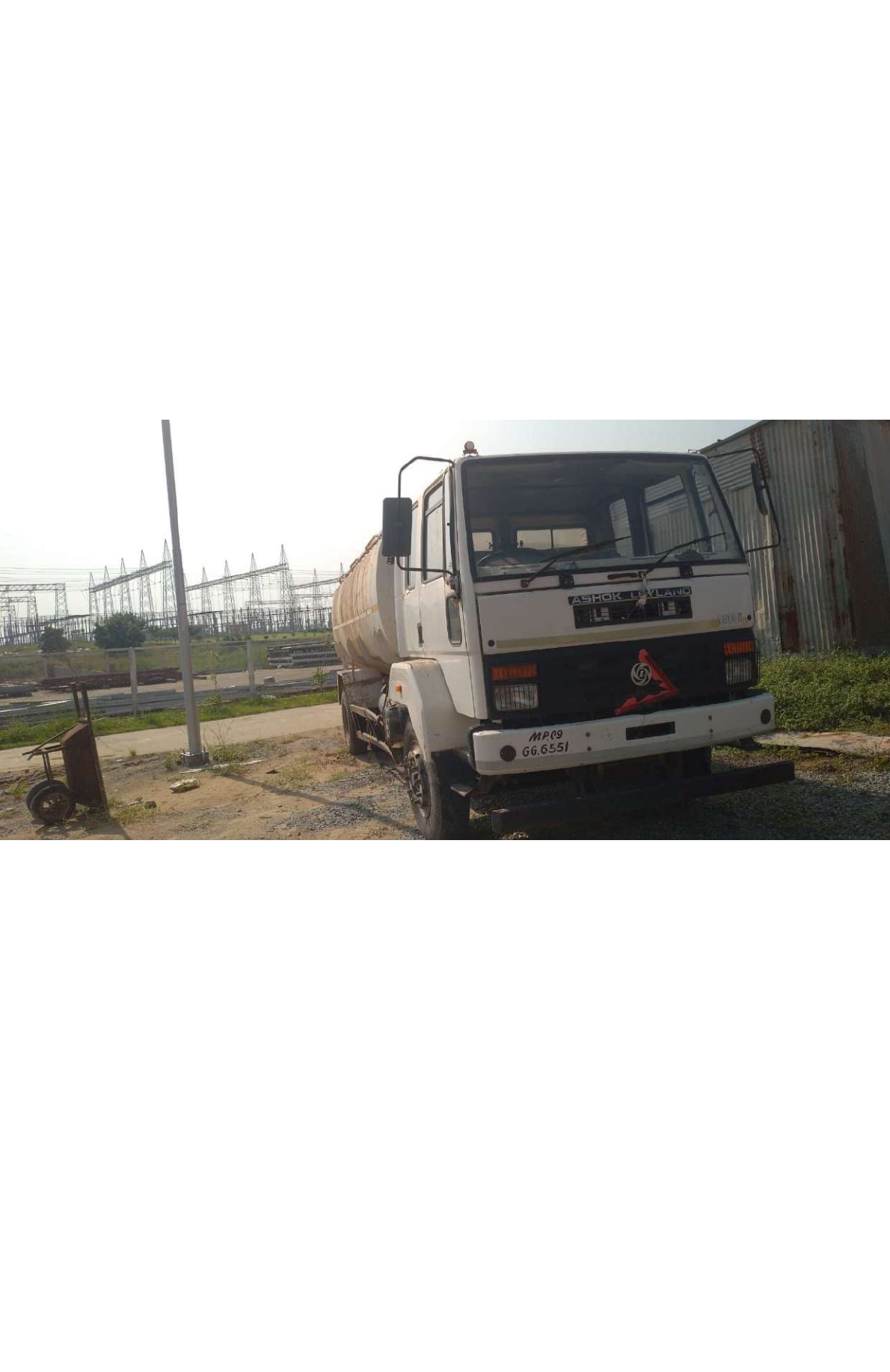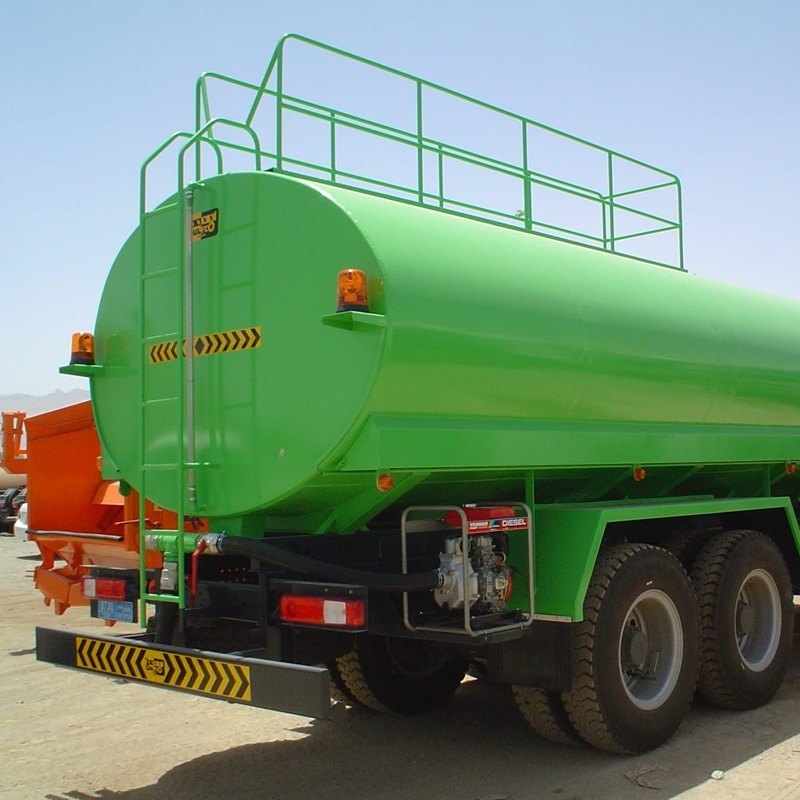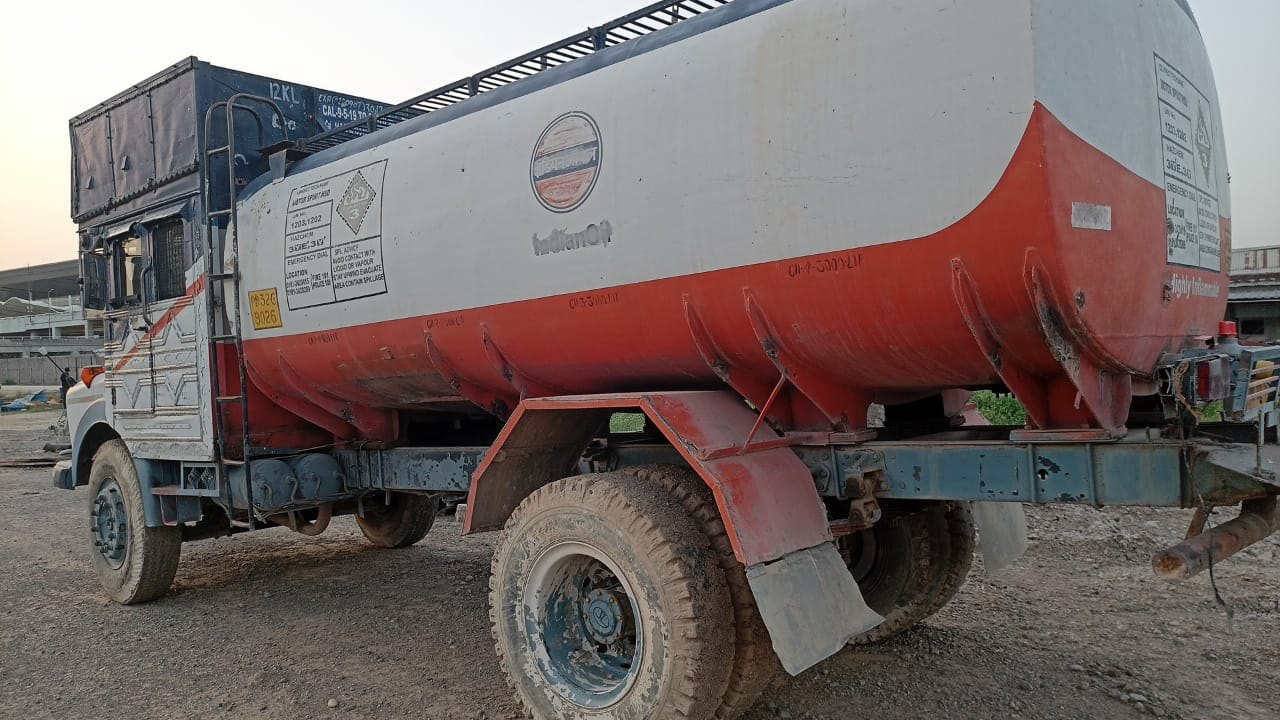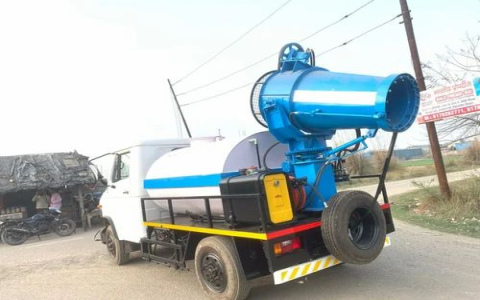If you’re searching for water truck rental prices, you likely need a solution fast—whether for dust control on a construction site, agricultural irrigation, or temporary water supply. The good news? Getting accurate, competitive pricing doesn’t have to be a days-long process. Modern rental services have streamlined quoting, and yes, you can often secure a transparent water truck rental quote in about 60 seconds. This guide cuts through the noise, giving you a clear breakdown of what drives costs, how to compare options effectively, and how to lock in the right truck for your project’s needs and budget without any surprises.
What Factors Really Determine Water Truck Rental Prices?
Understanding the cost breakdown is the first step to making a smart rental decision. The final price you see isn’t arbitrary; it’s calculated based on several key variables.

- Truck Size and Tank Capacity: This is the most significant factor. A smaller truck with a 2,000-gallon tank will naturally cost less than a massive 6,000-gallon vehicle. Your project’s water requirements will dictate the size you need.
- Rental Duration: Are you needing the truck for a single day, a week, or a month? Most companies offer daily, weekly, and monthly rates, with longer terms generally providing a lower average daily cost.
- Location and Delivery Distance: Where your job site is located affects the price. If the rental company has to transport the truck a long distance to you, those delivery fees will be reflected in your quote.
- Required Add-ons and Features: Basic water transportation is one thing, but specific tasks need specific tools. Features like high-pressure spray systems for dust control, rear-mounted water cannons, or even specialized hoses can add to the rental price.
As Mike R., a project manager with over 15 years of experience in civil engineering, notes, “Never just look at the base rental rate. I always ask for a full breakdown that includes delivery, pickup, and any potential fees for extra mileage or cleaning. That’s where hidden costs can sneak in.” This practical insight is crucial for anyone evaluating their water truck rental prices.
Comparing Your Options: A Quick Guide
To make an informed choice, it helps to see a side-by-side comparison. The table below outlines typical scenarios and what you might expect to pay. Remember, these are estimates, and getting a personalized quote is essential for accurate budgeting.
| Truck Size | Best For | Estimated Daily Rate | Key Considerations |
|---|---|---|---|
| 2,000 Gallons | Small construction sites, landscaping, compacting soil | $250 – $400 | Maneuverable in tight spaces, lower fuel consumption. |
| 4,000 Gallons | Mid-sized projects, agricultural spraying, larger dust control areas | $450 – $650 | The most common and versatile size for a wide range of tasks. |
| 6,000+ Gallons | Major earthworks, mining operations, large-scale farming | $700 – $1,000+ | Requires skilled operation and ample space for turning and access. |
According to a 2023 industry report by IBISWorld, the commercial and industrial machinery rental market has seen a steady 2.1% annual growth, driven by the flexibility and cost-effectiveness it offers businesses. This trend underscores why renting a water truck is often a smarter financial move than purchasing one outright.
How to Get Your Accurate Quote in 60 Seconds
The promise of a 60-second quote is real, but it relies on you having the right information ready. Here’s what you’ll typically need to provide on a rental company’s online form:
- Project Zip Code: This determines availability and delivery costs.
- Desired Rental Dates: Be as specific as possible.
- Preferred Truck Size: If you’re unsure, many sites have a guide or a contact number to help you decide.
- Intended Use: Selecting “dust control” versus “water supply” might trigger different equipment or pricing options.
This streamlined process is designed to give you a firm, all-inclusive price quickly, allowing you to move forward with project planning without delay. It eliminates the back-and-forth phone calls and gets you the critical information you need to manage your budget.
Beyond the Price Tag: What to Look For in a Rental Company
While competitive water truck rental prices are important, they shouldn’t be the only factor in your decision. The reliability of the equipment and the company is paramount.
- Well-Maintained Fleet: A breakdown on your job site can cost you far more than any savings on a cheap rental. Look for companies that pride themselves on regular maintenance and modern equipment.
- Clear Rental Agreement: Read the terms carefully. Understand the policies on fuel, cleaning, damage, and overtime charges. A reputable company will have no problem explaining everything in plain language.
- Insurance and Liability: Verify what insurance coverage is included in the rental and what your responsibilities are. The U.S. Department of Transportation provides resources on commercial vehicle safety standards that responsible rental companies adhere to.
Answers to Common Questions About Water Truck Rentals
Do I need a special license to operate a water truck?
This depends on the truck’s weight and your state’s regulations. In many cases, a standard driver’s license is sufficient for trucks under 26,000 pounds Gross Vehicle Weight (GVW). However, for larger trucks, a Commercial Driver’s License (CDL) may be required. Always check with your rental company and local Department of Motor Vehicles to be certain.

What’s the difference between a water truck and a sewer truck?
This is a crucial distinction. Water trucks are designed to transport and spray clean, non-potable water for purposes like dust control and irrigation. Sewer or vacuum trucks are designed to suction and haul liquid waste, sludge, and septic material. They are not interchangeable.
Are there any hidden fees I should ask about?
To avoid surprises, explicitly ask about fees for delivery and pickup outside a standard radius, environmental cleaning charges if you’re hauling anything other than clean water, and potential overtime fees if you return the truck later than the agreed-upon time.
Can the truck be used for potable (drinking) water?
Typically, no. Standard water truck rental tanks are used for non-potable water and are not certified for drinking water. If your project requires potable water, you must specify this need upfront, as it requires a specially certified and sanitized tank.
Final Thoughts on Securing the Best Value
Finding the right water truck rental prices is about balancing cost with reliability and service. By understanding the factors that influence pricing, using online tools to get fast quotes, and choosing a reputable provider with a well-maintained fleet, you can secure the equipment you need to keep your project on track and on budget. Don’t just shop for the lowest number—shop for the best overall value and peace of mind.
Sources:
IBISWorld Industry Report










